Vacation Packages to Zagora
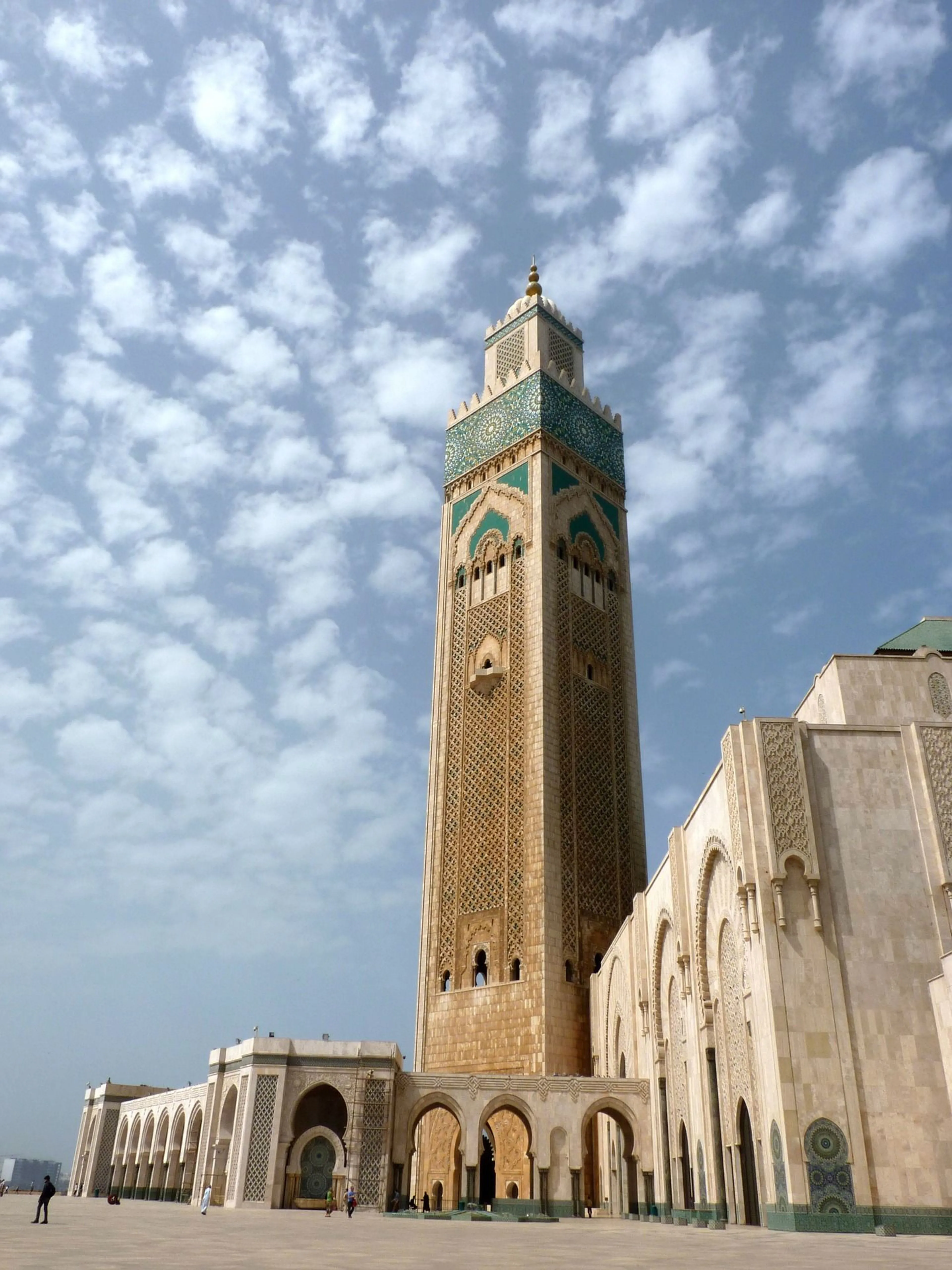
Customize it!
IMPERIAL MOROCCO & DESERT
Marrakech, Casablanca, Rabat, Meknes, Fes, Beni Mellal, Kasbah Telouet, Ait Ben Hadou, Ouarzazate, Zagora and more.
English
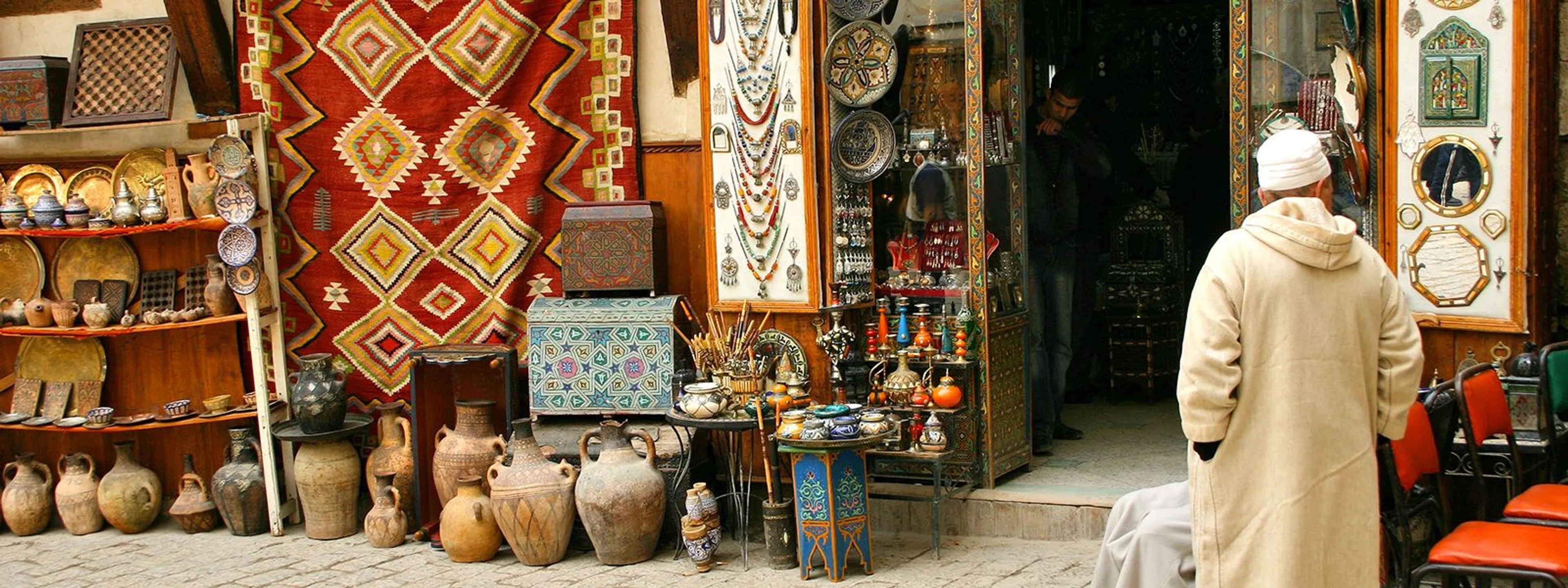
Customize it!
SIMPLY MOROCCO
Tangier, Chaouen, Marrakech, Ouarzazate, Zagora, Erfoud, Tinghir, and more.
English
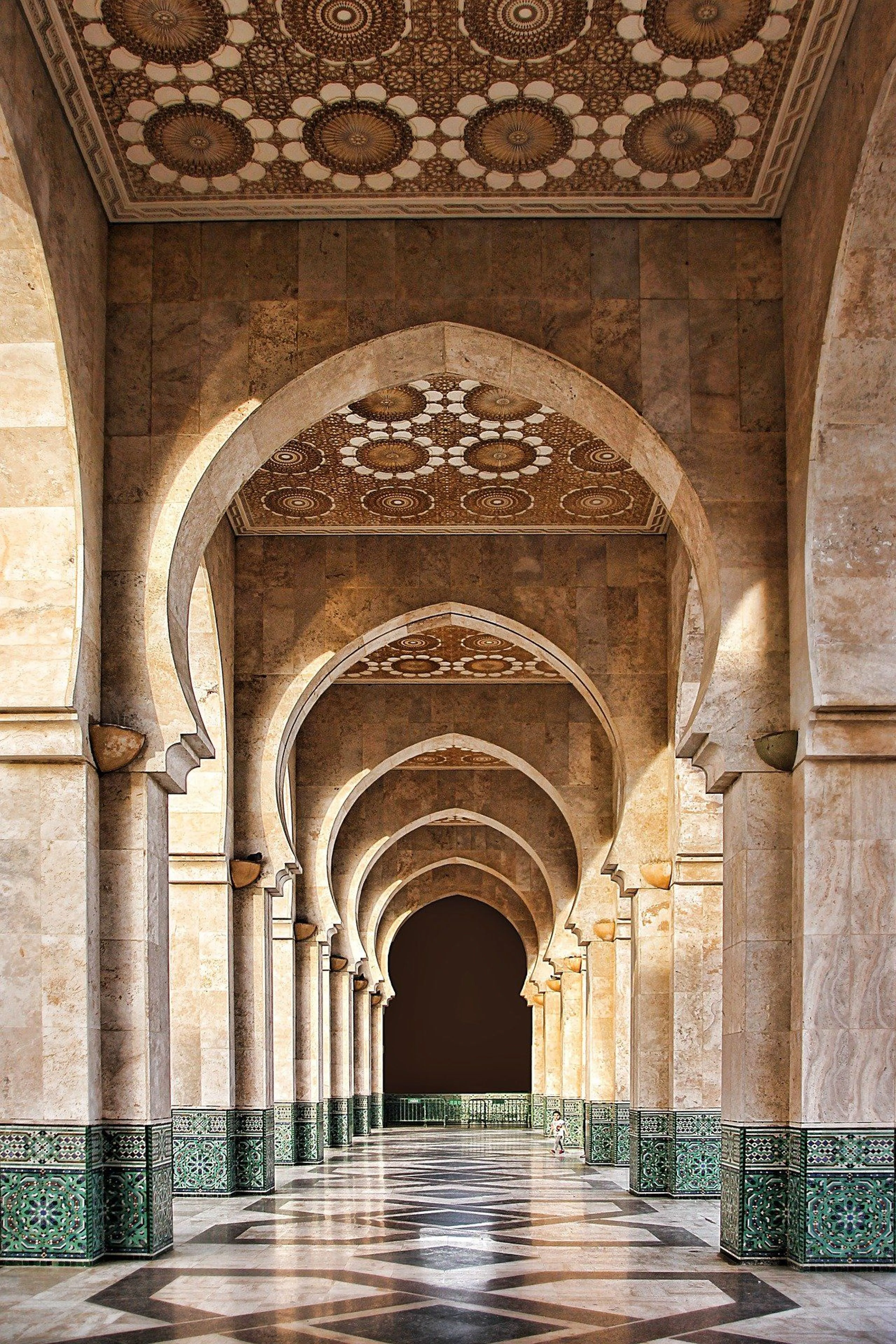
Customize it!
MAGICAL MOROCCO
Marrakech, Kasbah Telouet, Ait Ben Hadou, Ouarzazate, Tinghir, Erfoud, Merzouga, Khamlia, Zagora and more
English
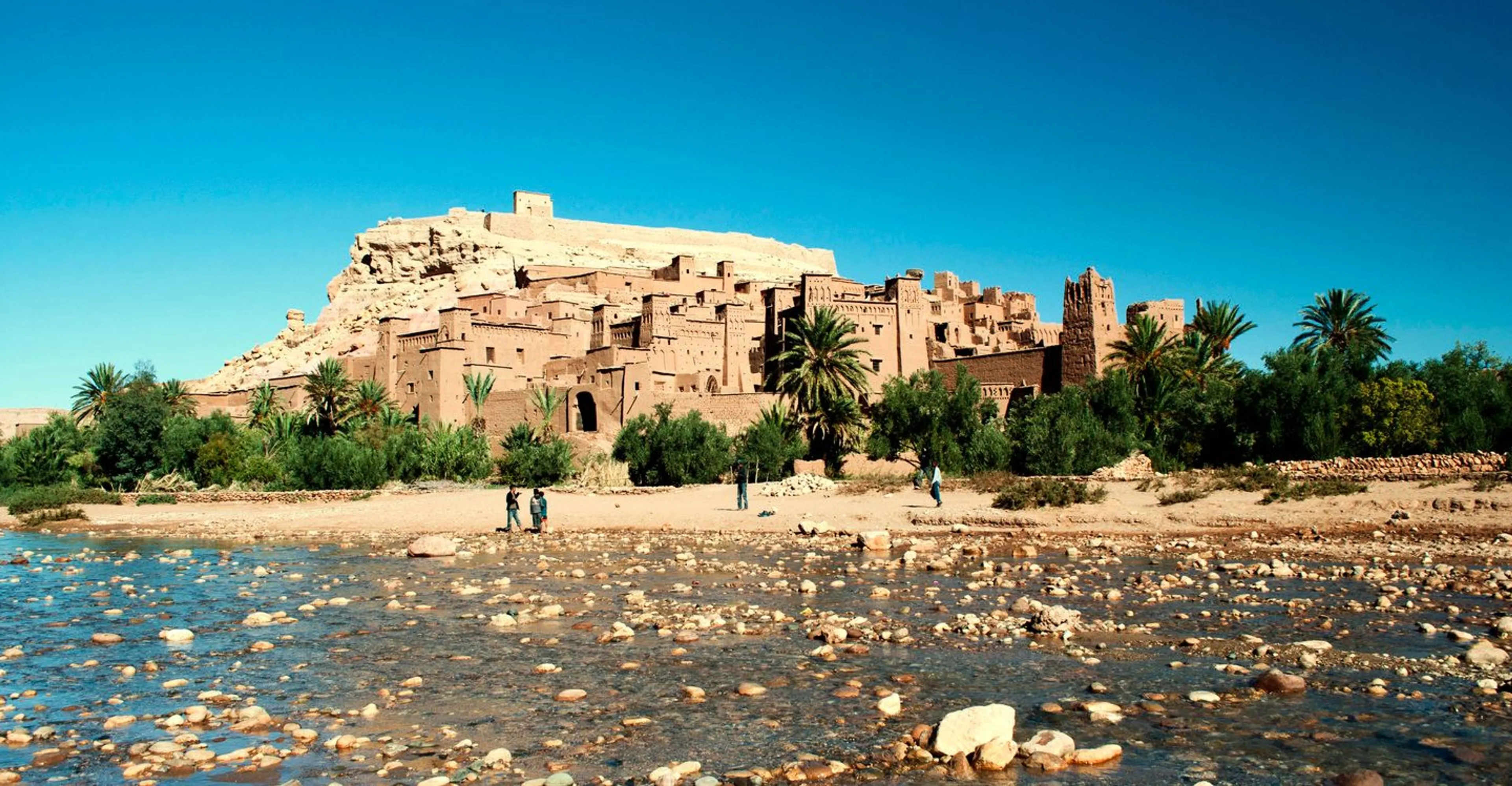
Customize it!
SOUTH OF MOROCCO EXPRESS
Marrakech, Ait Benhaddou, Ouarzazate, Zagora and more.
English
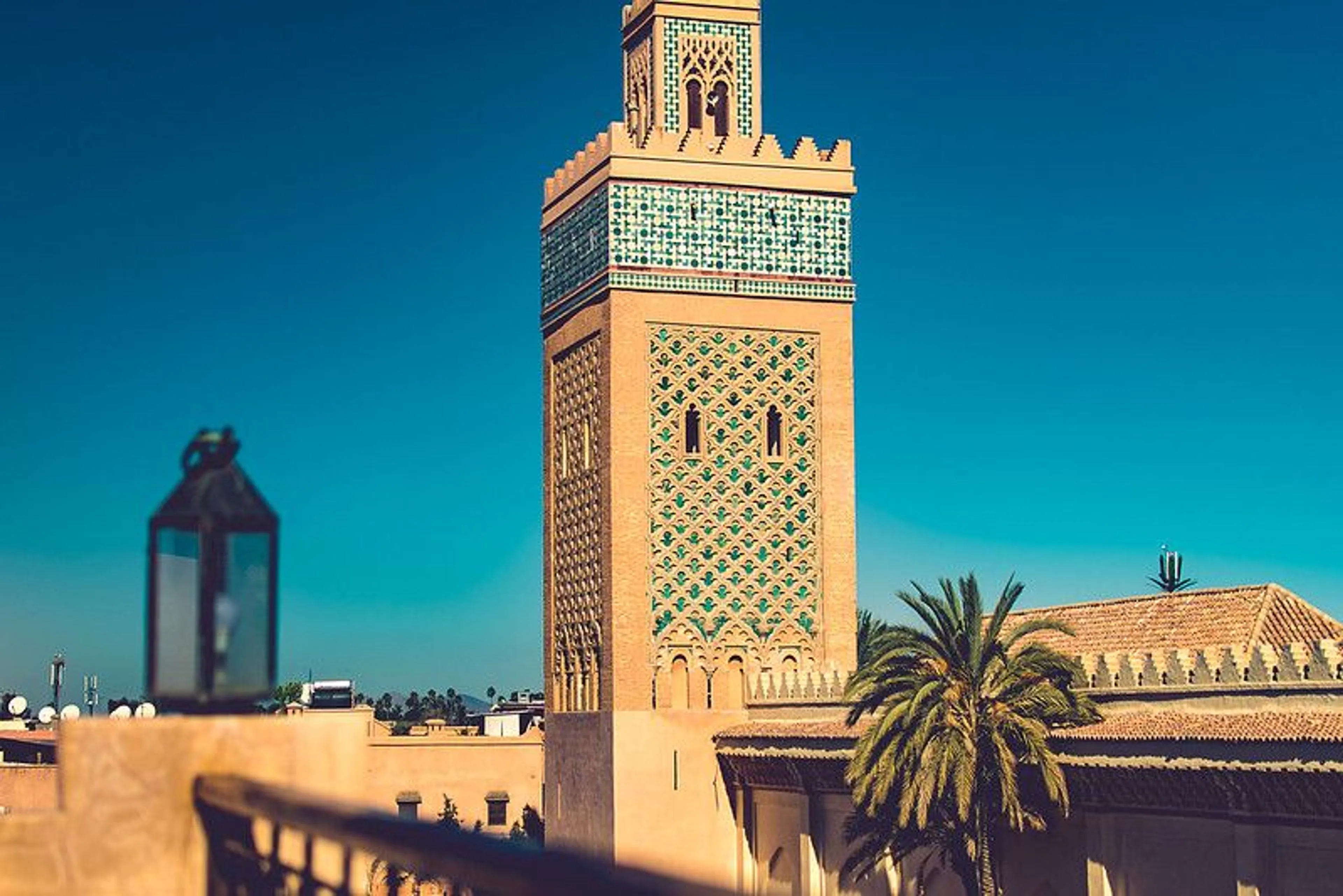
Customize it!
SOUTH OF MOROCCO
Marrakech, Kasbah Telouet, Ait Ben Hadou, Ouarzazate, Tinghir, Erfoud, Merzouga, Khamlia, Zagora and more
English
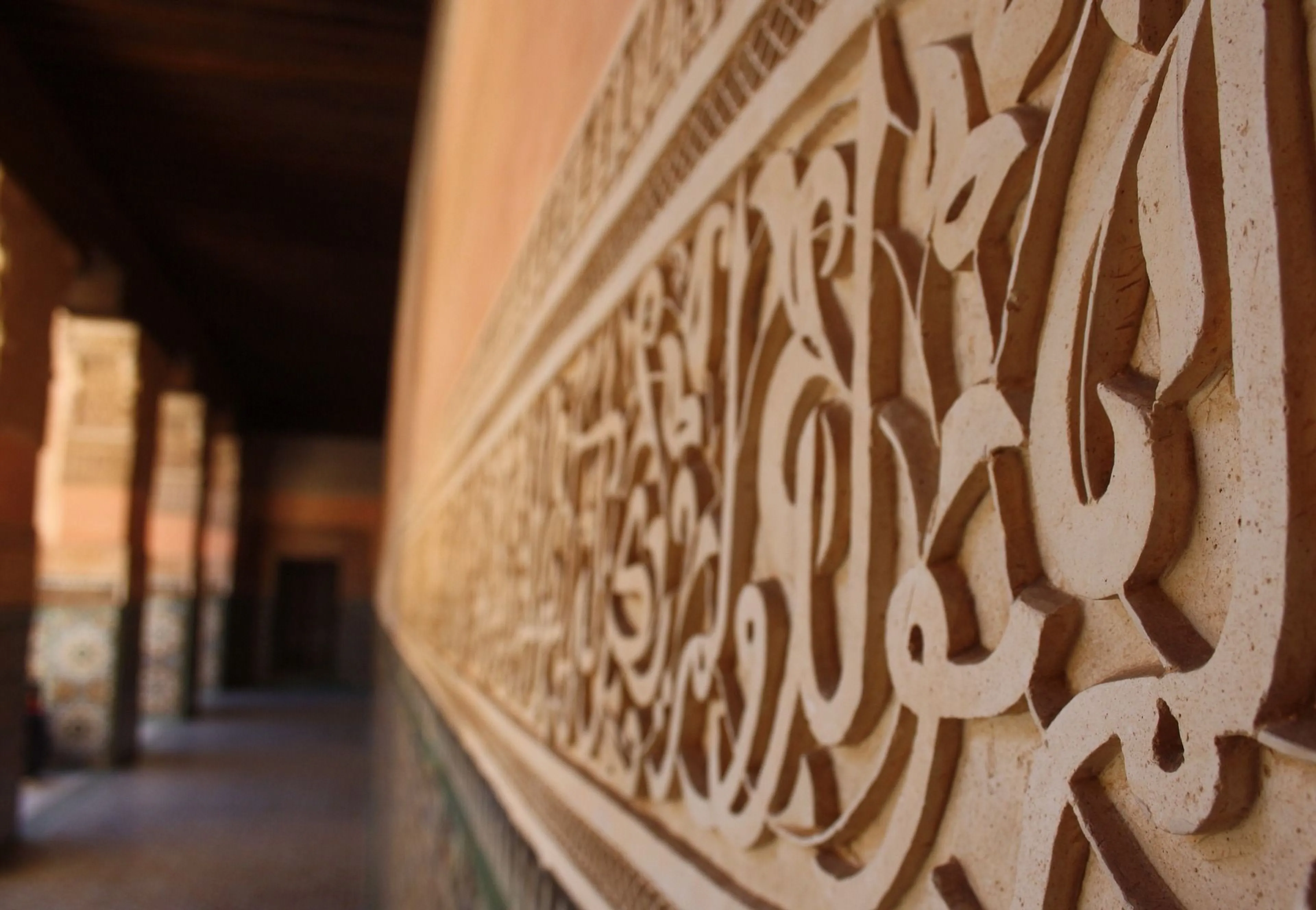
Customize it!
MARRAKECH & DESERT
Marrakech, Kasbah Telouet, Ait Ben Hadou, Ouarzazate, Zagora and more
English
Customize your package
Select from our wide variety
General Information about Zagora
If you are planning to visit Zagora, here we tell you everything about this wonderful destination.
Zagora is a small town located in the southeastern part of Morocco, near the foothills of the Atlas Mountains. It is the capital of the Zagora Province and the Draa-Tafilalet region.
The city is known for its beautiful desert landscapes, including the famous Draa Valley, which is a popular tourist attraction. The town is also famous for its date palms, which are an important source of income for the local population.
Moreover, Zagora has a long history dating back to the pre-Islamic era, and it was an important center of trade and culture along the ancient trans-Saharan caravan routes. Today, it is a bustling town with a mix of traditional and modern architecture, and it serves as a gateway to the Sahara desert.
The climate in Zagora is generally hot and dry, with very little rainfall throughout the year.
Sites of Interest in Zagora
Zagora and its surrounding area have a variety of interesting sites to explore. Here are some of the top places to visit:
- Draa Valley: The Draa Valley is a stunning oasis that stretches for over 200 kilometers along the Draa River. It is home to thousands of date palms and other fruit trees, as well as a variety of wildlife. Visitors can take a guided tour of the valley or hike along the river to explore the local villages and kasbahs.
- Tinfou Dunes: The Tinfou Dunes are a small but beautiful stretch of sand dunes located just outside of Zagora. Visitors can take a camel ride or hike to the top of the dunes for panoramic views of the surrounding desert landscape.
- Kasbah Amridil: The Kasbah Amridil is a well-preserved 17th-century fortress located in the nearby village of Skoura. It is a great example of traditional Moroccan architecture and is surrounded by lush gardens and palm groves.
- Zagora Market: The weekly market in Zagora is a lively and colorful affair, with vendors selling everything from spices and textiles to livestock and household goods. It is a great place to experience local culture and pick up some souvenirs.
- Jewish Cemetery: The Jewish Cemetery in Zagora is a testament to the town’s once-thriving Jewish community. The cemetery dates back to the 16th century and is filled with ornate tombs and graves of prominent community members.
- Ksar Aït Benhaddou: While not technically in Zagora, the UNESCO-listed Ksar Aït Benhaddou is a must-see attraction located about 200 kilometers to the north. This ancient fortified village is made up of hundreds of earthen buildings and has been used as a backdrop for many Hollywood movies.
Eating in Zagora
Zagora offers a variety of delicious dishes that are influenced by the local Berber and Moroccan cuisine. Visitors can enjoy flavorful stews, hearty soups, and fragrant tagines that are made with fresh and locally sourced ingredients.
Many dishes are spiced with a blend of traditional Moroccan spices, including cumin, coriander, and saffron. Vegetarians can enjoy a variety of vegetable-based dishes that are both healthy and satisfying.
To fully experience the local cuisine, visitors should try some of the traditional breads and pastries, which are baked daily in local ovens.
Overall, the food in Zagora is a reflection of the rich history and culture of the region, and it is sure to delight food lovers of all kinds.
Festivals of Zagora
Zagora celebrates several festivals throughout the year that showcase the region’s rich cultural heritage. Here are some of the most popular festivals:
- Moussem of Moulay Abdelkader Jilali: This is one of the most important festivals in Zagora, held annually to commemorate the patron saint of the region, Moulay Abdelkader Jilali. The festival is marked by traditional music, dance, and religious ceremonies.
- Zagora Oasis Festival: This festival is held in the Draa Valley to celebrate the rich cultural heritage of the region. It features a range of activities including traditional music and dance performances, cultural exhibits, and a variety of local food and drink.
- Date Festival: As the home of the largest date palm grove in Morocco, Zagora celebrates its date harvest every year with a festival. Visitors can sample a variety of date-based products, including sweets, jams, and pastries.
- International Nomads Festival: This festival brings together nomads from around the world to celebrate their way of life and share their culture. It features music, dance, and other cultural activities, as well as a market showcasing traditional crafts and goods.
- Desert Music Festival: This festival showcases traditional and contemporary music from the Sahara and beyond. It features performances by local and international artists, as well as workshops and other cultural activities.
These festivals offer a unique opportunity to experience the rich cultural heritage of Zagora and the surrounding region, and they are not to be missed for visitors looking to immerse themselves in local culture.
How Is the Culture in Zagora?
The culture of Zagora is influenced by the Berber and Moroccan traditions, and it is deeply rooted in the history and geography of the region.
The people of Zagora are known for their hospitality and warmth, and visitors can expect to be greeted with open arms. The local culture is characterized by a strong sense of community and family, and many traditional customs and rituals are still practiced today.
Music and dance are an important part of the culture, with traditional instruments like the oud and the darbuka featuring prominently in performances.
Religion also plays a significant role in the culture of Zagora, with Islam being the dominant faith.
To summarize, the culture of Zagora is rich and diverse, reflecting the unique blend of influences that have shaped the region over centuries.
Destinations near Zagora
Zagora is a wonderful destination due to its historical heritage and fascinating culture.
In turn, due to its proximity to Marrakech and Casablanca, many travelers combine their visit to Zagora with these destinations, so you will find these sites in several of our offers.
Do you want to marvel at an incredible desert landscape? Would you like to immerse yourself in an amazing culture? Do you want to visit exceptional architecture?
If your answer is "yes", at Greca we have several proposals for tourist packages to Zagora, which you can modify and adapt according to your needs and times.
There are travel packages for all tastes. Choose your own adventure according to your needs!
01How much does it cost to eat in Zagora?
The average cost of a meal at a mid-range restaurant in Zagora is around 80-100 Moroccan Dirhams (approximately 8-10 US dollars).
02What month is cheapest to travel to Zagora?
Generally, the best time to visit Zagora on a budget is during the low season, which is from November to February.
03When is the high season of Zagora?
The high season in Zagora is typically from March to October when the weather is warmer and drier. During this time, many tourists visit Zagora to experience the Sahara Desert and explore the surrounding area.